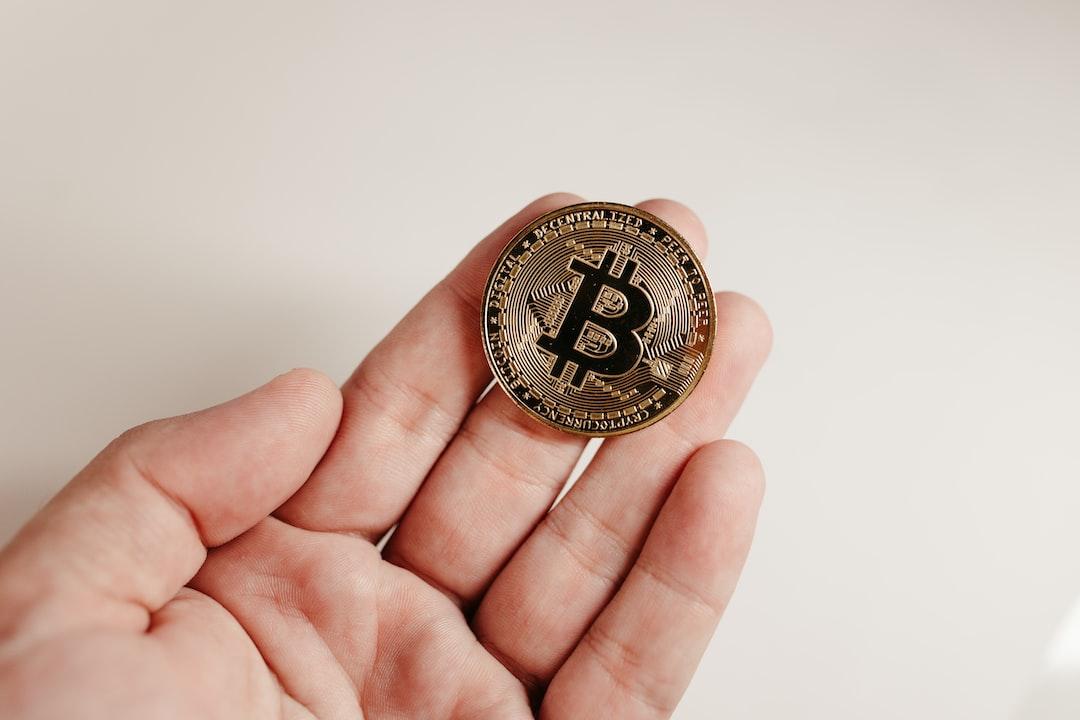Cryptocurrency has historically been dominated by millennials, GenX, and Gen Z. However, the introduction of exchange-traded funds (ETFs) is changing the landscape by attracting more baby boomers, who are considered the wealthiest demographic globally. With an estimated $68 trillion in assets in the United States alone, boomers have traditionally favored equities and real estate investments, leaving them underexposed to the crypto industry.
In the U.S., half of the investment firms managing their wealth now have access to Bitcoin (BTC) ETFs, leading to an influx of experienced investors into the market. This shift is expected to bring new dynamics, such as price appreciation, diverse investment strategies, and increased stability.
Bitcoin ETFs have already garnered over $15 billion in investments as of June, signaling growing confidence in Bitcoin and the broader crypto industry. This mainstream acceptance has made it easier for boomers to invest in Bitcoin through large asset managers and banks, bypassing traditional exchanges and diversifying their portfolios.
Research suggests that boomers are here to stay in the crypto market, given Bitcoin’s fixed supply and strong performance over the past decade. Contrary to popular belief, boomers may actually be more diligent investors than younger generations, spending more time on due diligence before making investment decisions.
Galaxy Digital CEO Mike Novogratz believes that Bitcoin’s market capitalization could surpass that of gold in the future, driven in part by investments from boomers. With trillions of dollars set to be inherited by digitally literate beneficiaries, crypto is poised for significant growth in the coming years.
Boomers’ cautious approach to investing and focus on fundamental factors like tokenomics and utility are expected to bring stability to the crypto industry. Their entry into the market, coupled with the development of new altcoin ETFs and the transfer of wealth to digitally savvy individuals, is likely to drive demand for crypto assets in the long run.


